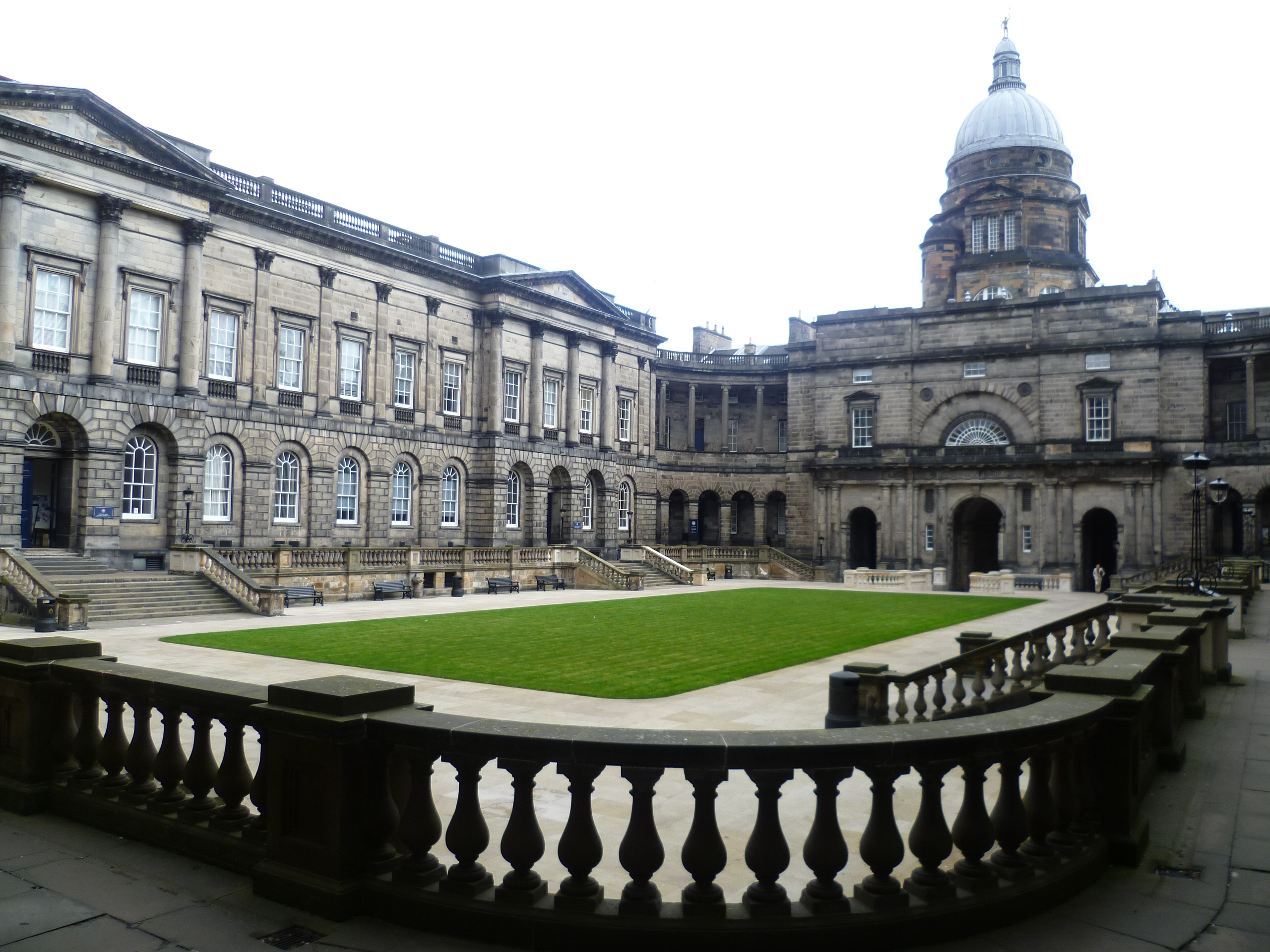YOUNGSTERS from deprived areas should not get automatic preferential access to higher education, according to the leader of a top Scottish university.
Sir Tim O’Shea, the Principal of Edinburgh University, said a postcode is not necessarily the best indicator of whether a person needs extra help.
The 67-year-old, who will retire next summer, insists he is “completely supportive” of initiatives to widen access to higher education.
But he argues that there is not one “mechanical formula” to decide which young people are the least advantaged when it comes to university applications.
Sir Tim’s announcement comes after the SNP said that by 2030, students from the 20 per cent most deprived areas make up 20 per cent of those entering university.
Sir Tim said: “I think one has to be as sophisticated as possible in measuring the attainment gap, and what are the appropriate markers?

“There isn’t a single simple number that says: high score in this means advantaged, a low score means disadvantaged.
“If you use it as your proxy, location doesn’t help. Because you have to ask questions. Obviously you have to ask about resources but you also ask about the environment.
“Is it a family environment, with parents who have been to university? Or is it a care environment? Or is it a family environment with what might be a negative point of view about higher education?
He added that that there should be no set country-wide formula for deciding what grades disadvantaged young people need to gain entry to university.
Sir Tim continued: “You’ve got to rely on the specialists to ask the question: what are the minimum grades necessary for a reasonable prediction of success? What is the additional support that might be necessary?
“I don’t see how that can be imposed as a formula from the outside. I think that would vary quite a lot.
“If you were, say, looking at entry to mathematics you might have a very different point of view than if you were looking at entry to history. So I think a mechanical formula doesn’t sound plausible to me.”
In their 2016 Scottish Parliament manifesto, the SNP wrote: “We will implement the recommendations for the Scottish Government and its agencies from the Widening Access Commission’s “Blueprint for Fairness” so every child, no matter their background, has an equal chance of going to university.
“By 2030, we want 20 per cent of students entering university to be from Scotland’s 20 per cent most deprived backgrounds. We will appoint a Commissioner for Fair Access to report and advise on access.
They also said that they would work to improve university access for children in care.
They said: “We will guarantee a university place for every care experienced young person meeting the entry requirements and provide them with a full bursary.”
Sir Tim has been Principal of Edinburgh University since 2002 and was knighted in 2008 for For services to Higher Education.
He previously worked for the Open University and the University of London.

